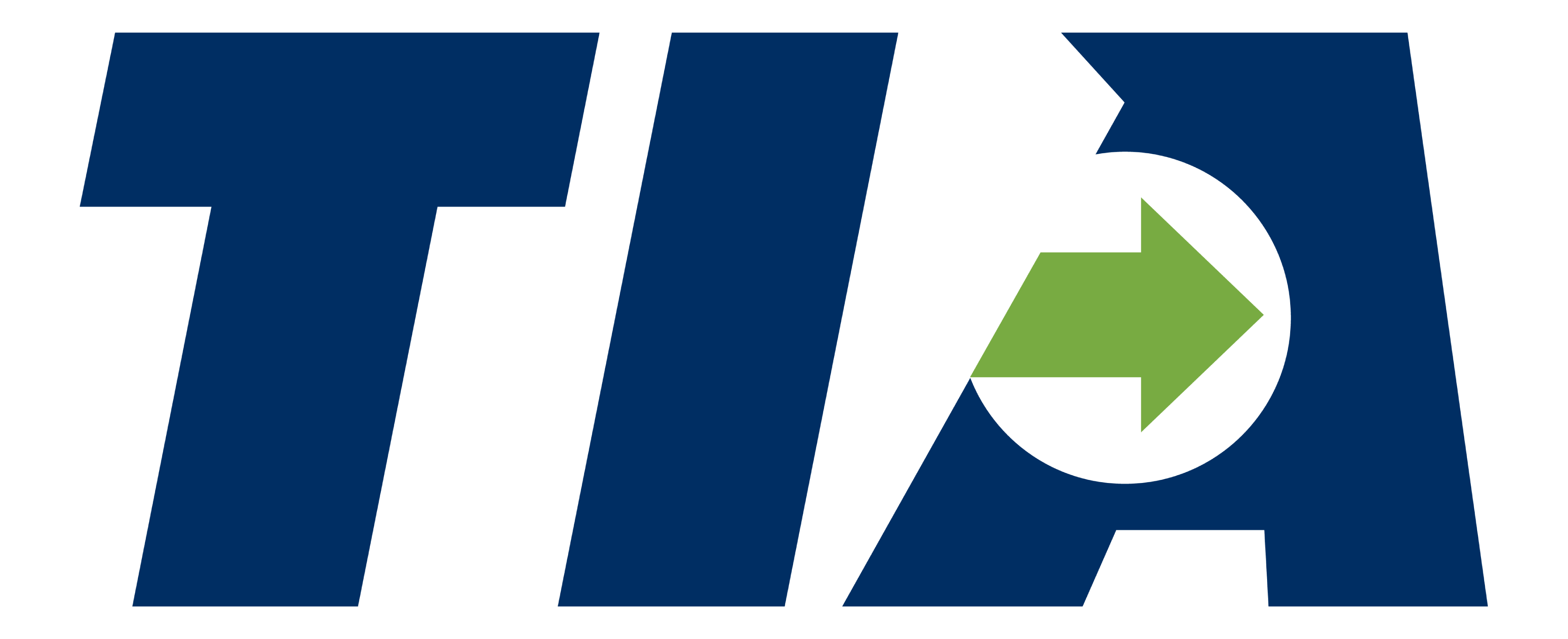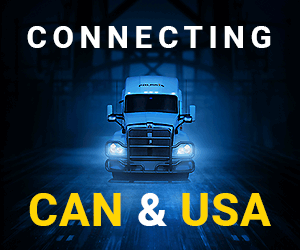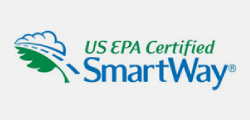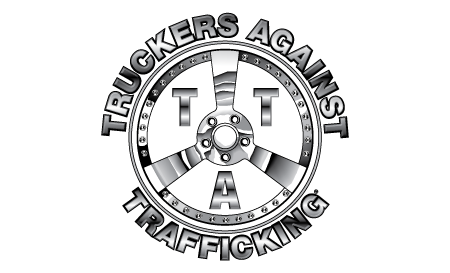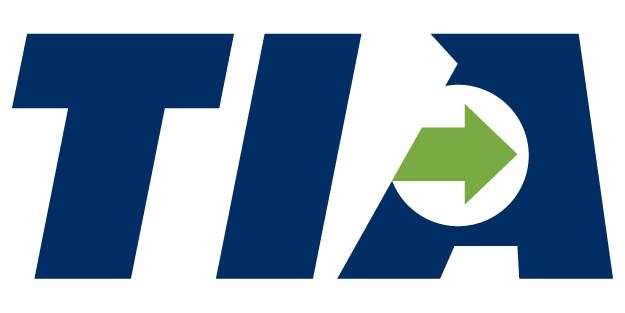Issue 117

C-TPAT Passes Senate by Unanimous Consent: |
|
Recently, the Customs – Trade Partnership Against Terrorism (C-TPAT) Act passed the Senate by unanimous consent. TIA is excited to see this legislation make its way through the first chamber in Congress. It is expected that the House will pass the same bill at some point this year and that this bill will ultimately become law. C-TPAT came down to the wire last Congress as it simply ran out of time to be voted on in the House due to other pressing funding deadlines Congress had to prioritize. C-TPAT was initially written as a part of the Safe Port Act of 2006, which supports secure cross-border trade via a fast-track customs clearance process for trusted partners who voluntarily sign up for the program. The process is easily comparable to TSA pre-check for airline customers, except this is for trusted partners in freight. C-TPAT would be implemented as a pilot program that would allow more than a handful of companies – mostly 3PL’s – to become certified and become a trusted partner, therefore enhancing the efficiency of the cross-border freight process. TIA looks forward to announcing the bill’s final passage at some point this year. |
Teamsters and UPS Avoid Strike: |
|
UPS and the Teamsters union have reached a new tentative contract, averting a potential supply chain crisis that could have impacted most American households. The contract covers over 340,000 workers across the U.S., making it the biggest private collective bargaining agreement in the country. The negotiations went on for three months, and the Teamsters had threatened a strike from August 1, which could have resulted in undelivered goods, including essential items and gifts. Teamsters General President Sean O'Brien expressed contentment with the agreement, emphasizing the sacrifices made by UPS workers during the pandemic and the company's significant profits. He stated that they demanded the best contract in UPS history and believe they achieved it. UPS CEO Carol Tomé thought of the agreement as a "win-win-win" situation, rewarding employees with competitive pay and benefits while maintaining the company's flexibility and market competitiveness. A significant point of conflict during negotiations was the pay rates for hybrid workers who perform both delivery driving and warehouse duties, earning less than full-time delivery drivers. The Teamsters saw this as an unjust "two-tier wage system at UPS." The new agreement reclassifies these workers as regular package car drivers, and it also creates 7,500 new full-time jobs and raises pay scales for certain employees. The contract agreement is subject to ratification by the union's membership, with voting taking place between August 3 and August 22. |
|
|
AV Push Comes with Some Opposition: |
|
Members of the House Energy and Commerce Committee expressed anxiousness to progress with federal legislation for driverless cars, but they face opposition from key Democratic constituencies – one being trial lawyers - that stalled similar efforts in 2018. Congresswoman Debbie Dingell (D-6/MI) presented a draft bill addressing Democratic priorities such as forced arbitration and workforce concerns, but it remains unresolved with a separate draft by Congressman Bob Latta (R-5/OH). Additionally, trial lawyers, safety groups, labor unions, and state/local governments maintain their concerns, respectively seeking access to courts for technology malfunctions, stricter regulations, job protection, and the ability to regulate vehicle operations. The hearing aimed to find common ground and reach a consensus during the August recess, with a potential markup in September. However, some lawmakers appeared solid in their positions, highlighting potential safety issues, liability loopholes, and workforce impacts related to driverless cars. While pressure from the auto industry, disability community, and other interests urge progress, lobbyists doubt the House's ability to move forward meaningfully without Senate support. Despite challenges, lawmakers like Latta and Dingell express their determination to find a resolution and aim to have a bill on the floor, potentially in September. The disability community is also advocating for changes, including limits to federal regulation preempting state and local laws, a contentious aspect of the issue. |
U.S. and China Talk Supply Chain at WTO: |
|
China's proposal to garner support for open, efficient, stable, and resilient supply chains at the World Trade Organization (WTO) is encountering resistance from the United States. The proposal was presented as a potential joint ministerial statement on supply chains to be discussed at the 13th Ministerial Conference in the United Arab Emirates next February. The U.S. has expressed concerns about the proposal, fearing that it could alter vital time and resources from the WTO secretariat's ongoing supply chain-related work. The backdrop for this proposal includes the COVID-19 pandemic, Russia's actions in Ukraine, and concerns about China's future ambitions, prompting countries like the U.S. to reassess and reconfigure supply chains to address national security issues and avoid supply chain disruptions. China's draft statement hits on the importance of maintaining openness, efficiency, stability, and resilience in global and regional supply chains to promote international trade and investment. It calls for cooperation in various areas, including adherence to WTO rules, opposing protectionism, and fostering a free and transparent market environment. During the General Council meeting, 14 members discussed China's proposal. Some viewed it as a positive effort to address an important topic, but others felt there wasn't enough time to finalize the statement before the Ministerial Conference in February. India expressed skepticism about reaching an agreement on the ministerial declaration given the late submission of China's proposal. WTO Director-General Ngozi Okonjo-Iweala acknowledged that recent crises have exposed weaknesses in the global supply chain and expressed support for further discussions on the topic. The European Union stressed the importance of open supply chains for long-term competitiveness and efficiency, while Japan emphasized the need to ensure a smooth global supply chain without ignoring geopolitical risks. China responded by asserting that its proposal addresses a topic of common interest and that multiple reasons contribute to recent supply chain disruptions, avoiding placing blame on any single WTO member. |
Senators Introduce Motor Carrier Safety Selection Standard Act: |
|
U.S. Senators Mike Crapo (R-ID) and Deb Fischer (R-NE) introduced the Motor Carrier Safety Selection Standard Act, aiming to enhance highway safety. The bill would require the U.S. Department of Transportation to establish a Safety Fitness Determination test for shippers and brokers to ensure that trucking companies are licensed, registered, and adequately insured. The proposed legislation seeks to establish clear safety standards for motor carriers and provide interim requirements to ensure that shippers and manufacturers hire safe and reliable truckers to transport their goods. The senators believe that improving highway safety benefits the entire nation both economically and from a safety perspective. Currently, third-party logistics providers (3PLs) lack a consistent national standard to assess the safety of truck carriers, often making the carrier selection process confusing. The Motor Carrier Safety Selection Standard Act aims to provide clarity by setting a national motor carrier hiring standard. This standard would require motor carriers to be registered with the Federal Motor Carrier Safety Administration (FMCSA), meet minimum insurance requirements, and not have an unsatisfactory safety rating. If these conditions are met, a 3PL would be considered to have selected a carrier that was given the ultimate seal of approval from the Federal Motor carrier Safety Administration (FMCSA). By implementing a single, simplified federal rule, the legislation aims to strengthen America's supply chain and bring clarity to the transportation sector. |
|
If you have any questions about this newsletter or TIA 2023 Policy Forum, please email @[email protected] |
If you have any questions about this newsletter or TIA 2023
Policy Forum, please email [email protected]
TIA 1900 Duke Street STE 300 Alexandria, Virginia 22314 US
Want to change what emails you receive from us? Update your preferences.
